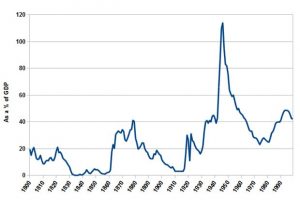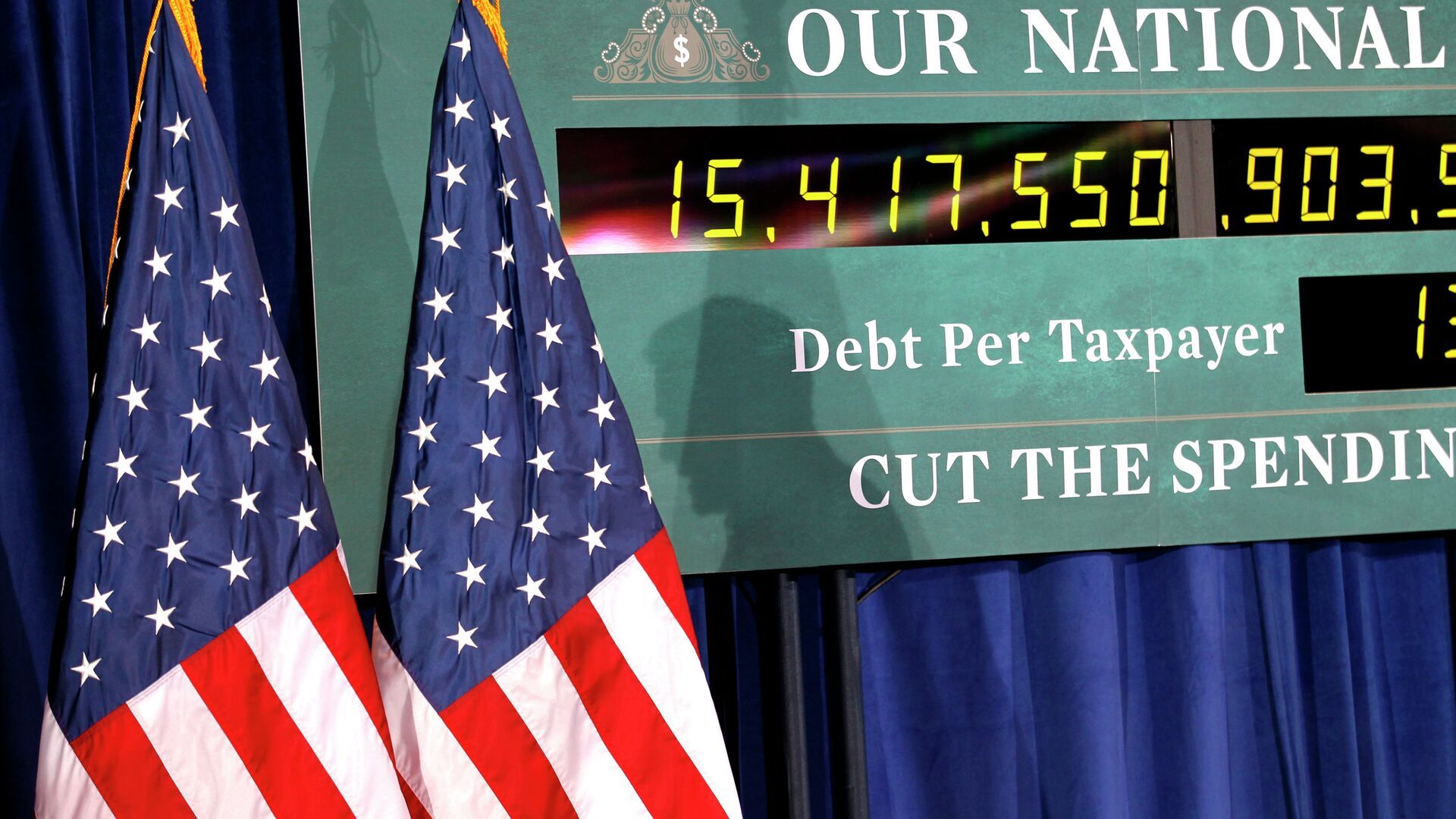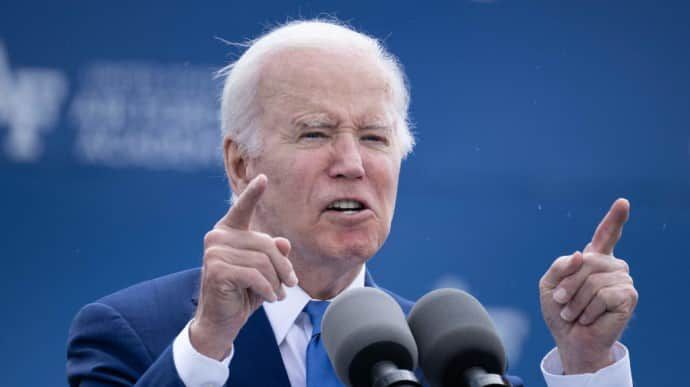The current stand-off over the US debt ceiling, a limit on federal borrowing, is an example of an outdated and counterproductive policy that no longer serves its intended purpose. With federal debt standing at over $31 trillion, it is clear that the debt limit is not regulating deficits. Both political parties have abused the debt limit by imposing policies that require more borrowing, making it an absurd, self-imposed problem. Congress will inevitably raise the borrowing limit again, but it’s time to repeal it altogether to pre-empt a legal challenge, which may be unconstitutional. The Treasury should be allowed to borrow what it needs to spend, without creating unnecessary uncertainty and instability. Markets, not politicians, will determine when the federal debt has gotten too large and force a solution. Congress should focus on promoting economic growth and fiscal responsibility, rather than engaging in pointless battles over the debt ceiling.The article argues that the US debt limit is an outdated policy that has become counterproductive in recent years. While the limit served a purpose when it was first established in 1939, today it creates more instability and uncertainty than it regulates deficits. The current stalemate over raising the debt ceiling only adds to the problem, as refusing to do so would cause widespread hardship and damage to the economy.
 Moreover, the debt limit has been abused by both political parties, with new policies being imposed that require more borrowing. This makes it even more counterproductive, as it creates a situation where Congress must continually raise the borrowing limit, rather than focusing on enacting policies that promote economic growth and fiscal responsibility.
Moreover, the debt limit has been abused by both political parties, with new policies being imposed that require more borrowing. This makes it even more counterproductive, as it creates a situation where Congress must continually raise the borrowing limit, rather than focusing on enacting policies that promote economic growth and fiscal responsibility.
Instead of engaging in pointless battles over the debt ceiling, the article suggests that Congress should repeal the limit altogether. This would pre-empt any legal challenges to the borrowing limit and allow the Treasury to borrow whatever it needs to spend the money Congress tells it to. Doing so would eliminate unnecessary uncertainty and instability, which undermines public confidence in our political institutions.
Ultimately, the article suggests that markets, not politicians, will determine when the federal debt has gotten too large and force a solution. Congress should focus on enacting policies that promote economic growth and fiscal responsibility, rather than fighting over the debt ceiling. By doing so, the US can address its debt problem in a way that is effective, responsible, and sustainable.
 To summarize, the US debt limit is a counterproductive policy that causes instability and erodes public trust in political institutions. Despite the ongoing impasse, Congress will inevitably raise the borrowing limit again to prevent harm to the US and global economy. However, it’s time for Congress to proactively repeal the borrowing limit to prevent a potential legal challenge. The Treasury should be able to borrow as needed to fund Congress’s spending, without the pretense of caring about the deficit. The federal debt will continue to grow, and the market will ultimately determine when it becomes unsustainable. Congress should focus on policies that promote economic growth and fiscal responsibility instead of fighting over the debt ceiling. It’s time for the US government to move beyond this outdated policy and find more effective ways to regulate deficits and debt.
To summarize, the US debt limit is a counterproductive policy that causes instability and erodes public trust in political institutions. Despite the ongoing impasse, Congress will inevitably raise the borrowing limit again to prevent harm to the US and global economy. However, it’s time for Congress to proactively repeal the borrowing limit to prevent a potential legal challenge. The Treasury should be able to borrow as needed to fund Congress’s spending, without the pretense of caring about the deficit. The federal debt will continue to grow, and the market will ultimately determine when it becomes unsustainable. Congress should focus on policies that promote economic growth and fiscal responsibility instead of fighting over the debt ceiling. It’s time for the US government to move beyond this outdated policy and find more effective ways to regulate deficits and debt.










